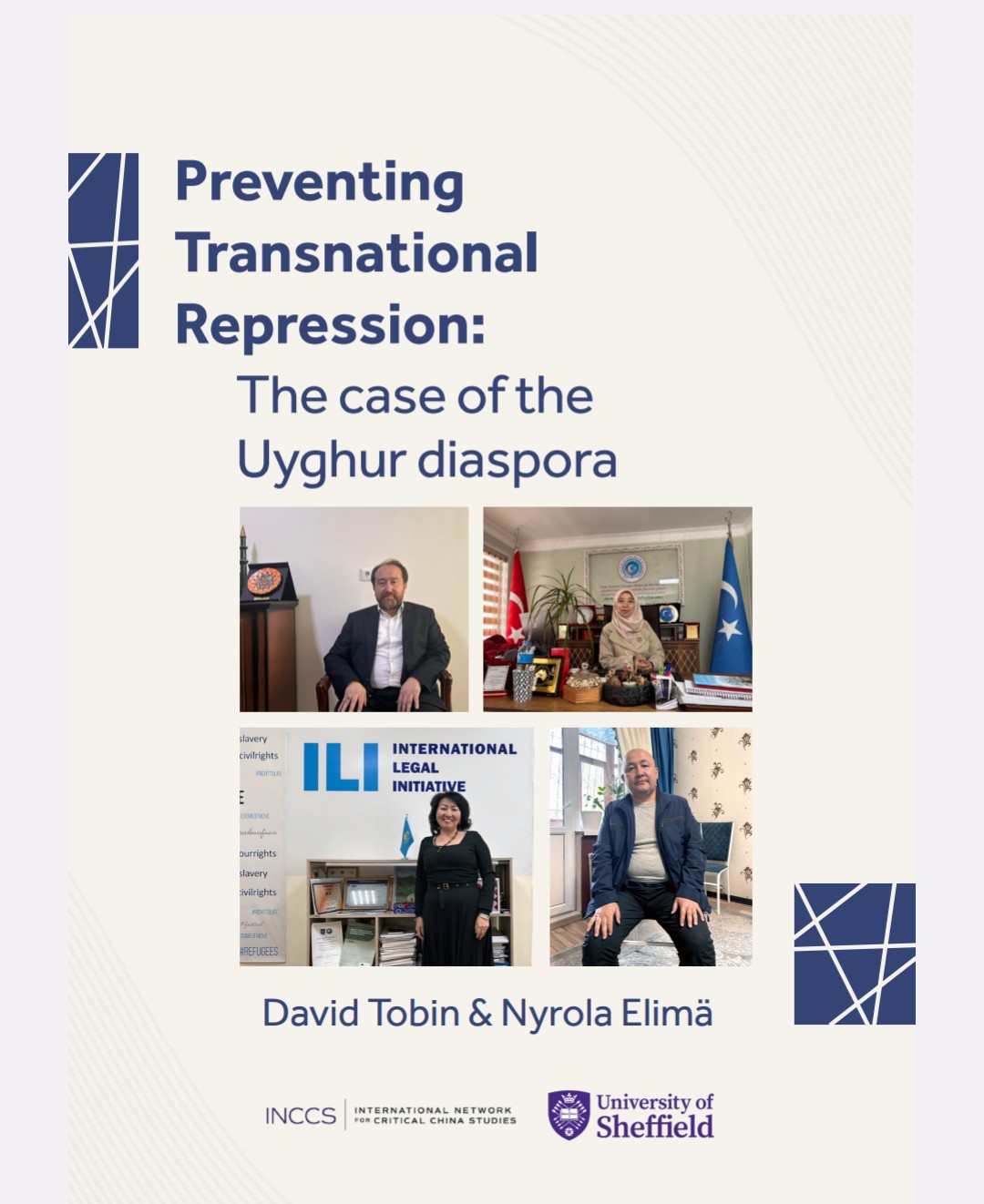SSRN 12 Aug 2025
Abstract
Transnational repression is increasingly used by authoritarian states to coerce or intimidate their critics and diaspora groups beyond their borders. This report defines transnational repression (TNR) as practices by external governments that aim to prevent or restrict the exercise of people’s rights outside that state’s sovereign jurisdiction. Transnational repression can be conducted in collaboration with non-state actors or proxies and implemented with or without the support of host states. The role of the host state depends on its geopolitical relationships the perpetrator, the extent its political system guarantees civil rights, and its capacity to withstand economic and political pressure. Civil society organisations (CSOs) that document rights abuses and breaches of international law, including transnational repression, are key targets for harassment by authoritarian states, with China’s party-state driving the global growth in transnational repression. China’s repression of the Uyghur and Kazakh diasporas are key facets of its domestic “ethnic policy” in the Xinjiang Uyghur Autonomous Region and its “soft power” drives outside China that present authoritarianism as a benevolent alternative to democracy.
This report explores how civil society organisations and governments respond to transnational repression by analysing its impact and the prevention strategies used in Uyghur and Kazakh diaspora communities. The analysis seeks to move to the solutions stage, to ask how to prevent and mitigate TNR, such as using official guidance, professional training, and local network support. The fieldwork included interviewing over 30 organisations in Türkiye, Kazakhstan, and the U.K., which operate within different legal systems and represent different communities with different needs. What does best practice look like for Uyghur and Kazakh-focused organisations in preventing transnational repression? This research engages directly with Uyghur and Kazakh people’s experiences to inform concrete practices towards preventing the threat of TNR to rights and security. The report finds that civil society organisations working on issues related to Uyghurs face intensifying transnational repression and develop their own mitigation tactics, including consulting cybersecurity professionals, engaging with local authorities, and avoiding posting personal information online. These tactics can be more effective as a prevention strategy with increased co-ordination of knowledge-sharing, training, and monitoring.
Keywords: transnational repression, international politics, human rights, security, authoritarianism, China, Uyghurs, Kazakhstan, Turkey, U.K., Xinjiang, ethnicity, policy, religion, Islam
You can read the full report by clicking on this original link.

